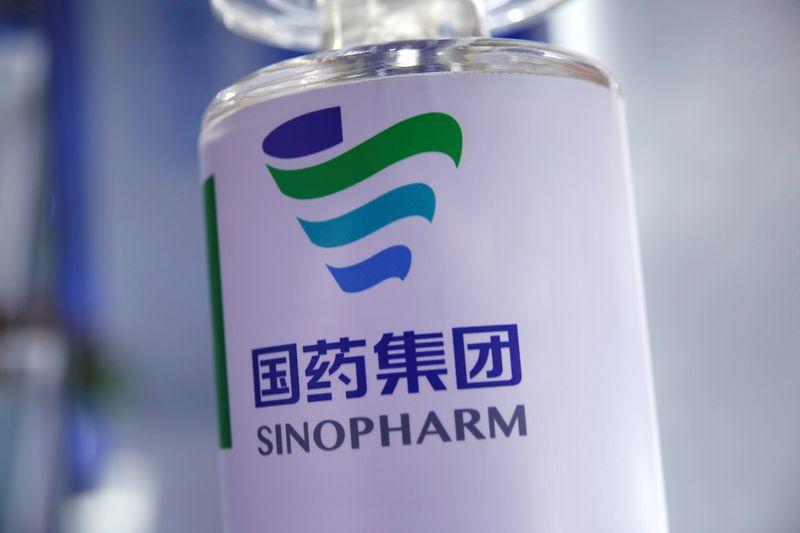(Reuters) – China was ahead in the global race to develop coronavirus vaccines with most candidates in the final stages of testing earlier this year and its first approval for a home injection to the general public came on Thursday , but without detailed data on effectiveness.
The following is what we know about China’s vaccine development, efficacy data and approval schedule.
WHICH ARE THE MOST ADVANCED?
Five vaccines from Sinovac Biotech, China National Pharmaceutical Group (Sinopharm), CanSinoBIO and the Chinese Academy of Sciences are in the final stage of clinical testing. None of them released detailed efficacy data.
Authorities approved a vaccine developed by Sinopharm’s affiliate in Beijing on Thursday, a day after the developer said that the interim analysis of his Phase 3 trial showed 79.34% effectiveness, without providing details.
The effectiveness reading is lower than the 86% rate for the same vaccine announced by the United Arab Emirates on December 9, based on preliminary data. [L1N2JA06X]
A Sinopharm executive said on Thursday that detailed data would be released later, without giving a specific timeline.
The Sinovac candidate also showed varying effectiveness readings. Data from a final-stage trial of its CoronaVac injection in Turkey showed a 91.25% success rate, while researchers in Brazil said its effectiveness was between 50% and 90%.
Brazil expects to release CoronaVac effectiveness data by January 7, after three delays.
CanSinoBIO plans to present the results of clinical trials of its vaccine to Mexican authorities next week, a senior Mexican health official said.
HOW MANY PEOPLE WERE INOCULATED?
Although China has been slower than many other countries in approving COVID-19 vaccines, it has been inoculating its citizens for months with three different injections in the final testing phase.
China launched an emergency use program in July aimed at essential workers and others at high risk of infection and administered more than 4.5 million doses of the two Sinopharm and CoronaVac vaccines from Sinovac.
It has stepped up the program in the past month, in anticipation of increased transmission risks during the winter.
The South China Morning Post reported that China would vaccinate up to 50 million people before the Lunar New Year holiday in mid-February.
China also approved a CanSinoBIO vaccine for military use and the vaccine was given to about 40,000 to 50,000 people, said a CanSinoBIO executive on 28 November.
WHAT TECHNOLOGY IS USED?
The Sinopharm and Sinovac vaccines are based on traditional technology that uses dead or inactivated viruses, which cannot replicate in human cells, to trigger an immune response.
The overall occurrence rate of adverse reactions from these COVID-19 injections is similar to that of other inactivated vaccines, and the occurrence rate of relatively serious adverse effects, such as allergies, is about two in a million, said Zeng Yixin, an official National Health Administration on Thursday.
WHO IS BUYING VACCINES FROM CHINA?
The United Arab Emirates became the first country to launch a Chinese vaccine to the public this month.
Pakistan announced on Thursday a purchase agreement for 1.2 million doses with Sinopharm.
Sinovac’s CoronaVac shot was signed by Brazil, Indonesia, Turkey, Chile and Singapore. The company is also in supply negotiations with Malaysia and the Philippines.
CanSinoBIO has a supply agreement with Mexico.
President Xi Jinping has pledged to make China’s vaccines a global public good.
(Reporting by Miyoung Kim and Roxanne Liu; Editing by Robert Birsel)
